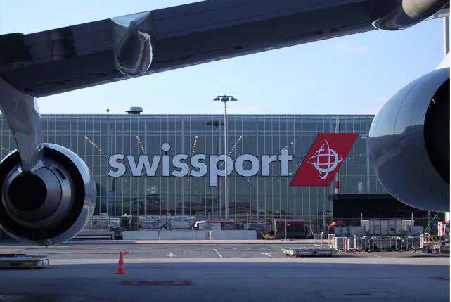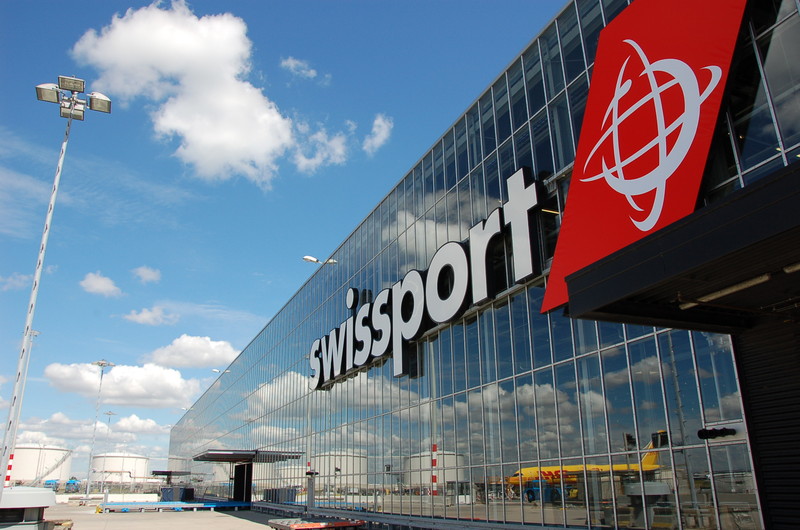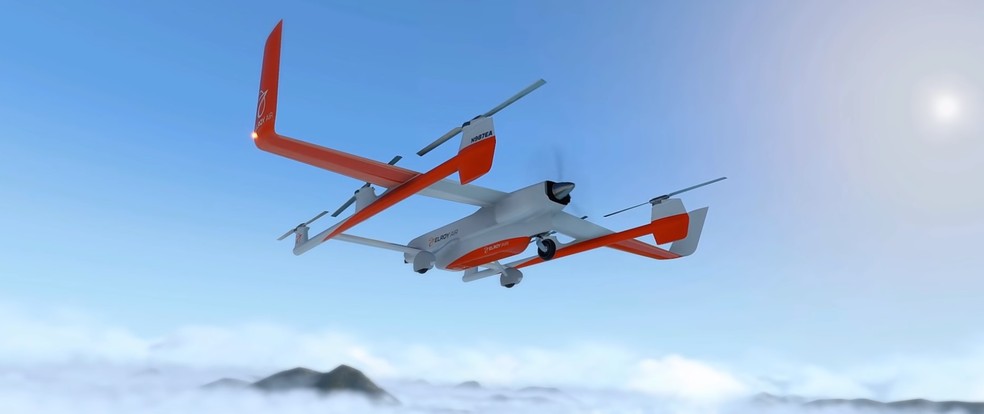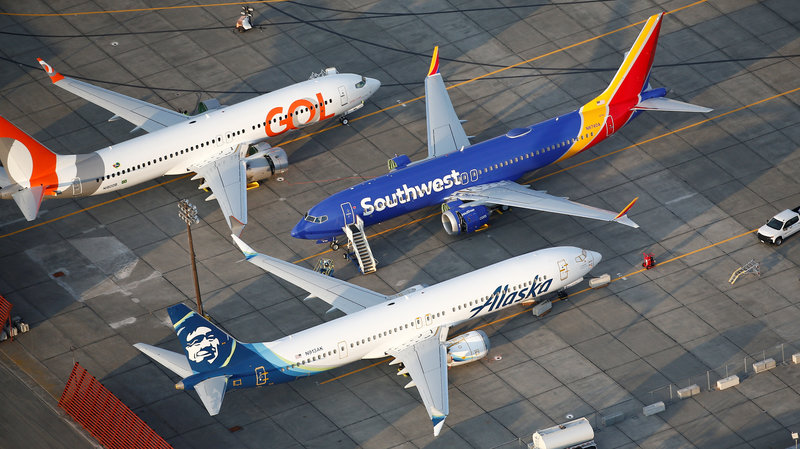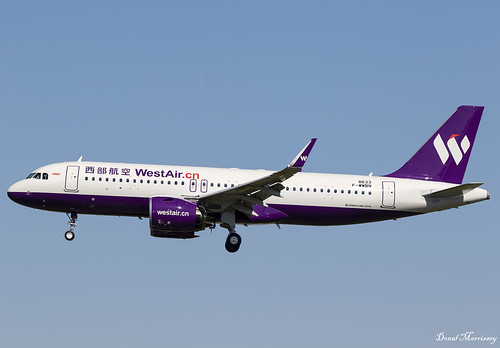On March 5th, in Rio de Janeiro, Emgepron, an independent state company, linked to the Ministry of Defense through the Brazilian Navy Command, and Águas Azuis, a company created by thyssenkrupp Marine Systems, Embraer Defense & Security and Atech, signed the contract for building four state-of-the-art Tamandaré Class Ships, with deliveries scheduled between 2025 and 2028.
The construction will take place 100% in Brazil, in Itajaí, Santa Catarina State, and is expected to have local content rates above 30% for the first vessel and 40% for the others. thyssenkrupp will supply the naval technology of its proven MEKO® Class shipbuilding platform of defence vessels that is already in operation in 15 countries. Embraer will integrate sensors and weaponry into the combat system, bringing also to the program its 50 years’ experience in systems technology solutions and in-service support.
Atech, an Embraer Group company, will be the supplier of the CMS (Combat Management System) and IPMS (Integrated Platform Management System, from L3 MAPPS), and the recipient of technology transfer in cooperation with ATLAS ELEKTRONIK, a thyssenkrupp Marine Systems subsidiary that produces the CMS and sonar systems.
“We are grateful to participate again in such important milestone in the history of Brazil’s naval defence with the most advanced ships in their class. Looking back the great achievements we had since the construction of Tupi Class submarines in 1980s, it is a recognition of the technological excellence, reliability and longevity solutions we have offered for almost two centuries. The Tamandaré Class Programme will strengthen our ties by transferring technology and generating highly qualified jobs for the country”, said Dr. Rolf Wirtz, CEO of thyssenkrupp Marine Systems.
“The partnership validates our efforts to expand our defence and security portfolio beyond the aeronautical segment. Over the past few years, we have acquired expertise in developing and integrating complex systems, among others, in order to qualify Embraer to meet the needs of the Brazilian Navy, further strengthening our position as a strategic partner of the Brazilian State”, said Embraer Defense & Security President and CEO Jackson Schneider.
In addition to construction, the contract includes a sustained transfer of technology in naval engineering for building military ships and combat and platform management systems, as well as integrated logistical support and lifecycle management.
The Tamandaré Class Programme has the potential to generate direct and indirect job opportunities of high level of qualification. It provides for a solid national partnership model with proven ability to transfer technology and qualify local labour, which guarantees the development of future strategic defence projects in Brazil.
The naval alliance between thyssenkrupp Marine Systems and Embraer Defense & Security can also enable creating a base for exporting naval defence products from Brazil.

